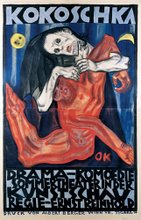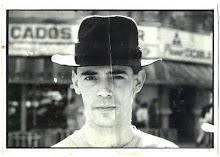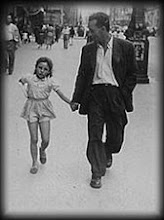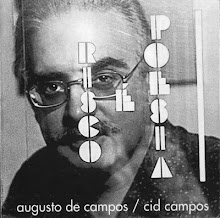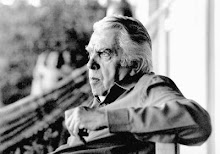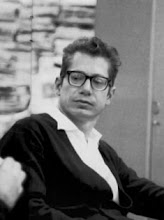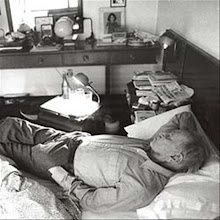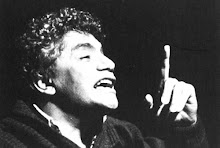12.9.25
Communism & Transition
10.9.25
Marx beyond Marx
All Marxists categories of communism. Marxist categories are not only permeated by a permanent and irreducible duality, but this duality appears in the form of antagonism, and that antagonism in the form reversal. To make use of Marxist categories means to push them to this necessary reversal, to allow oneself to be pushed to this incredible experience. Marxist categories are subversive categories; categories that emerge from the process of subversion. The categories are taken in the logic of the antagonitic tendency whose development is made up of successive displacements of the system of categories.
Materialist logic - in so far as it is adequate to grasp the real - is rich with the power (potenza) of creation of the real, of the class struggle. Communism is only concept from the point of view of method, in so far as it remains a dynamic term of transformation.
Communism appears as the concept of the overthrow of work, of its substraction from command. That which seems the conclusion of a process - the constitution of social production - has as its only effect to produce another, the social liberation of the subject. The subject thus begins to constitute itself.
The subject is able to develop itself, to liberate itself from the relations of production in so far as it liberates them and dominates them. The self-valorization of the proletarian subject, contrarily to capitalist valorization, takes the form of auto-determination in its development.
Communism has the form of subjectivity. Communism is a constituting praxis. There is no part of capital that is not destroyed by the impetuous development of the new subject. This subject shows such a power of subjective upheaval that all the vestiges of the old order are carried away. The transition is a constituting process in the fullest sense, which is based entirely on that space defined by the most radical alternatives. Marx beyond Marx. Beyond vulgar determinism. Beyond all hypothesis implying homogeneity.
The capitalist inversion, with alienation, plays not only on distribution but finds itself at the foundation of the mode of production: the inversion of the inversion reaches this foundation.
The revolutionary subject emerges from the relatin with capital at this stage. The inversion that this - the subject - operates against capital is an operation which is not even any longer a reappropriation. Reappopriation is a term which becomes insufficient and ambiguou when there are new foundations.

















![[...]](https://blogger.googleusercontent.com/img/b/R29vZ2xl/AVvXsEjeNC2Kyxd34r2LuofHe9-vdXHeHwG3_2NhVmIOTlK2moU0Q4R7taMlS8iMmQgEl1-NdaRsPrLdREzfQZYKfUgjslwLZUZe67dAfFBREu-YRx6WGX-vAUt5eJT4_-lFwT4dGzGCQQ/s220/11798115_858304687558226_1857652538_n.jpg)
